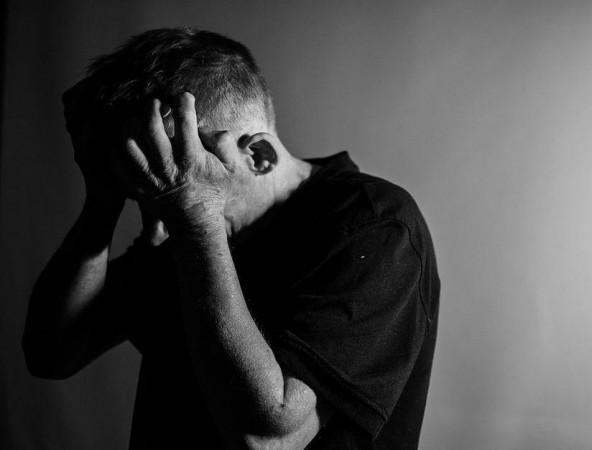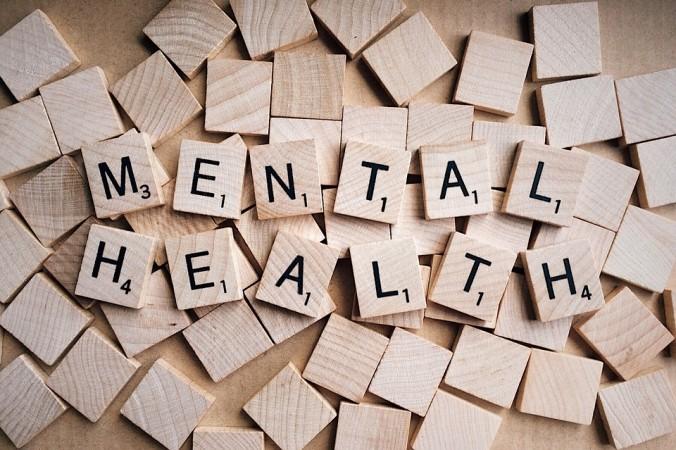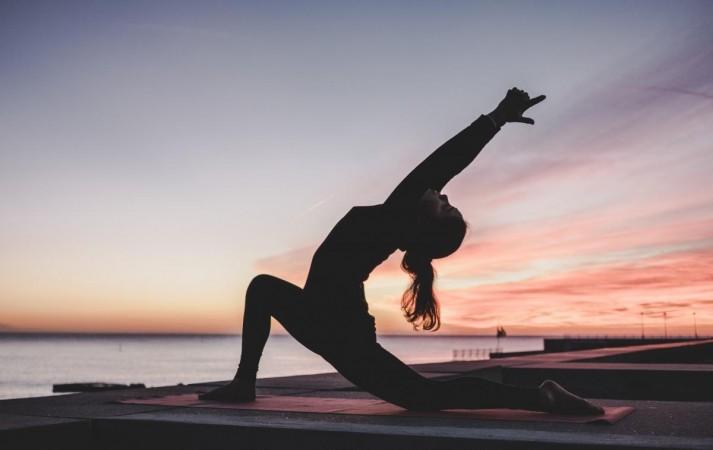The second wave of COVID-19 pandemic hit us hard. It caught us off-guard, unawares and before we could blink and process the hit, death tolls turned into faces we now apologetically remember. There is death everywhere now—in daily stats, in visual, worst so, even in our head. Fear, anxiety, anger, grief, depression, suicidal tendencies—much has been written and spoken about mental health implications of this pandemic—yet, are we doing enough?
Dr. Sowmya Hegde, Geriatric Psychiatrist says, "During the first wave last year, for 2-3 months around the same time, I was constantly approached by patients seeking therapy or consultation for anxiety or depression. Then there wasn't much. In the last one month, my patient load has gone up with primarily anxiety cases in the elderly. Most of them either living alone or away from family and fear being affected by COVID and wonder who will look after them. But then there is also a section who is vaccinated and have a reassurance of sorts." She also points out that most of these 'worry calls' are by people not hit by covid but strongly living under the fear.

Impact of second wave
Unlike the first wave, the second wave has had no mercy in terms of the age factor and a lot of people in their mid-age are affected by the new variants. Also, the factor that the mid-segment of 18-45 is yet to get their jab adds to the anxiety. Yet, while we are discussing many medical solutions to fight covid, we hesitate in reaching out for professional help.
Manospandana, a mental health service provider based in Bangalore reveals that their case load has decreased in the last one month. "At this point in time, primary concern is COVID and its treatment. Fewer people are seeking professional help to deal with their mental anxiety and stress. January to March, we did receive quite a few cases, however, April onwards, cases have decreased. We do have online consultation, yet, people do not approach," shares Sudarshan working with Manospandana.

However, Dr Sowmya Krishna, Psychiatrist and Co-founder of The Green Oak Initiative feels that inquiries have gone up. "Last year we set up this helpline to assist people seeking help for anxiety, depression and mental conditions caused by the pandemic. We have seen a surge in inquiries from patients with pre-existing mental conditions and those seeking help for the first time. However, people are scared to come out of their homes for therapy sessions and many are uncomfortable talking about their condition over the phone around their family members. In a way, access to mental healthcare is limited due to lack of privacy. "
Stress is a huge factor in the recovery of COVID. The most popular advise doing the rounds for COVID patients these days is, keep calm. Even doctors prescribe a dose of 'stay away from news' and 'WhatsApp forwards'.
A report published by India Today resulting out of a doctor's roundtable on the impact on mental health and how to deal with it, points out: "...And finally people who had pre-existing mental health problems. This group is 2-3 times more likely to die when they have Covid, just in the same way we see in other chronic diseases."
If this is alarming, what really are we doing to keep ourselves sane while keeping safe too.
Focus on your mental health
Ashwini B. who tested positive with mild symptoms had it all in control. Along with her dose of prescribed multivitamins and antibiotics, she was consuming positivity through early morning yoga and evening meditation. "I was less worried because my family was safe and knew that I could focus on myself only. I ensured that I have a fixed routine to follow during isolation and practiced mindful living. Meditation really helped me in staying calm during the isolation period."

Dr Sameer Parekh during the abovementioned India roundtable, recommends reaching out to people and talk it out, especially in the absence of professional help. "... We need to go to our most basic support system: family, colleagues, neighbours, RWAs; more communication, more time spending, and accept anxiety as a human response. Facing unprecedented devastation, we're bound to react. Accept it and work on it."
Samiksha Lohar, a social activist who was constantly connected to social media to find leads for helping COVID patients felt burnout and decided to step back to focus on her mental state of being. "After a week of being on the phone, I had fever and weakness. I grew anxious if it was covid but it was my mind craving for rest. I soon felt the need to step back and switch off my phone but the guilt of not being available to those in need kept me from doing so. I am not so active anymore; I feel that I have learned to suppress my emotions until I have the courage to deal with them all. I considered seeking therapy but due to weak finances, it is not an option right now. I try to journal all my emotions - of fear, guilt, anxiety and trying to accept the reality of helplessness."
With the constant social media connect, news, access to information, point of views floating around, the mental space is bound to witness signs of congestion and confusion leading to strong reactions. Social media has also become a platform to express explicitly which also limits the need to seek effective help. But instead of being reactive, positive engagement and a sense of purposeful connect is the need of the hour.









!['Had denied Housefull franchise as they wanted me to wear a bikini': Tia Bajpai on turning down bold scripts [Exclusive]](https://data1.ibtimes.co.in/en/full/806605/had-denied-housefull-franchise-they-wanted-me-wear-bikini-tia-bajpai-turning-down-bold.png?w=220&h=138)



